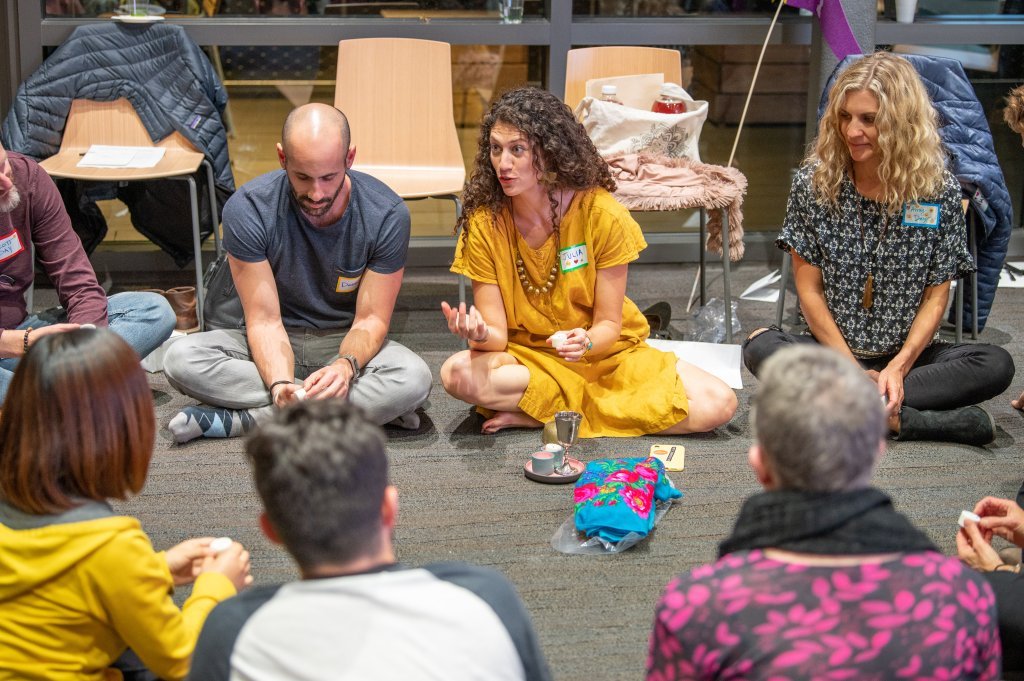Group facilitation is a vital skill for guiding teams through discussions, problem-solving, and decision-making processes. However, even experienced facilitators can fall into traps that hinder the effectiveness of their sessions. Understanding and avoiding common mistakes in group facilitation can significantly enhance your ability to lead productive and engaging meetings. In this article, we’ll explore some frequent errors made during facilitation and provide tips on how to avoid them.
Overlooking Clear Objectives
One of the most significant mistakes in group facilitation is failing to establish clear objectives. Without a well-defined goal, discussions can become unfocused, and participants may struggle to see the purpose of the meeting. To avoid this mistake, begin each session by clearly outlining the objectives. Ensure that all participants understand the goals and how their contributions align with these aims. Setting specific, measurable objectives helps guide the facilitation process and keeps the group on track, leading to more productive outcomes.

Ignoring Participant Engagement
Another common mistake in group facilitation is neglecting to engage all participants. When some members dominate the conversation while others remain silent, the session can become unbalanced and less effective. To address this, use techniques that encourage participation from everyone. For instance, implement round-robin discussions where each participant has an opportunity to speak, or use small group activities to ensure that quieter members have a chance to contribute. Actively managing participant engagement fosters a more inclusive environment and ensures that diverse perspectives are heard.
Failing to Manage Conflicts
Conflicts are inevitable in any group setting, and failing to manage them effectively is a common mistake in group facilitation. Unresolved conflicts can escalate and disrupt the flow of the session, negatively impacting productivity and morale. As a facilitator, it’s crucial to address conflicts promptly and constructively. Implement conflict resolution strategies such as mediation or guided discussions to help participants resolve disagreements. By addressing conflicts openly and facilitating constructive dialogue, you maintain a positive atmosphere and keep the session productive.
Neglecting Time Management
Poor time management is another frequent error in group facilitation. When sessions run over time or fail to stick to the agenda, participants may become frustrated or disengaged. To prevent this, create a detailed agenda before the session and allocate specific time slots for each discussion topic or activity. Use timers or reminders to keep track of time and ensure that each segment of the meeting stays within its allotted timeframe. Effective time management helps maintain focus and ensures that all necessary topics are covered.
Failing to Adapt to Group Dynamics
Every group has its own dynamics, and failing to adapt your facilitation approach to these dynamics can lead to ineffective sessions. A rigid facilitation style that doesn’t account for the group’s needs or preferences may hinder participation and productivity. To avoid this mistake, observe the group’s interactions and be flexible in your approach. Adjust your facilitation techniques based on the group’s responses and needs. For example, if a group is struggling with a complex topic, consider breaking it down into smaller, more manageable parts. Adapting to group dynamics ensures that your facilitation remains relevant and effective.
Lack of Follow-Up
After a facilitation session, failing to follow up on action items and decisions is a common oversight. Without proper follow-up, the outcomes of the session may not be implemented effectively, diminishing the session’s value. To avoid this mistake, clearly document action items and decisions made during the session. Distribute these notes to participants and establish a process for tracking progress on assigned tasks. Regular follow-ups and updates help ensure that the outcomes of the facilitation are acted upon and that participants remain accountable.
Ignoring Feedback
Finally, ignoring feedback from participants is a significant mistake in group facilitation. Feedback provides valuable insights into how well the session went and areas where improvements can be made. To gather feedback, distribute surveys or conduct debrief sessions where participants can share their thoughts on the facilitation process. Analyze this feedback to identify strengths and areas for improvement. By incorporating participant feedback into future sessions, you continuously enhance your facilitation skills and create more effective and engaging group experiences.
Conclusion
Avoiding common mistakes in group facilitation is essential for leading successful and productive sessions. By setting clear objectives, engaging all participants, managing conflicts, and adhering to effective time management practices, you can significantly improve your facilitation effectiveness. Adapting to group dynamics, following up on action items, and incorporating feedback further enhance the overall facilitation process. Implement these strategies to avoid common pitfalls and ensure that your group facilitation efforts yield positive and impactful results.

